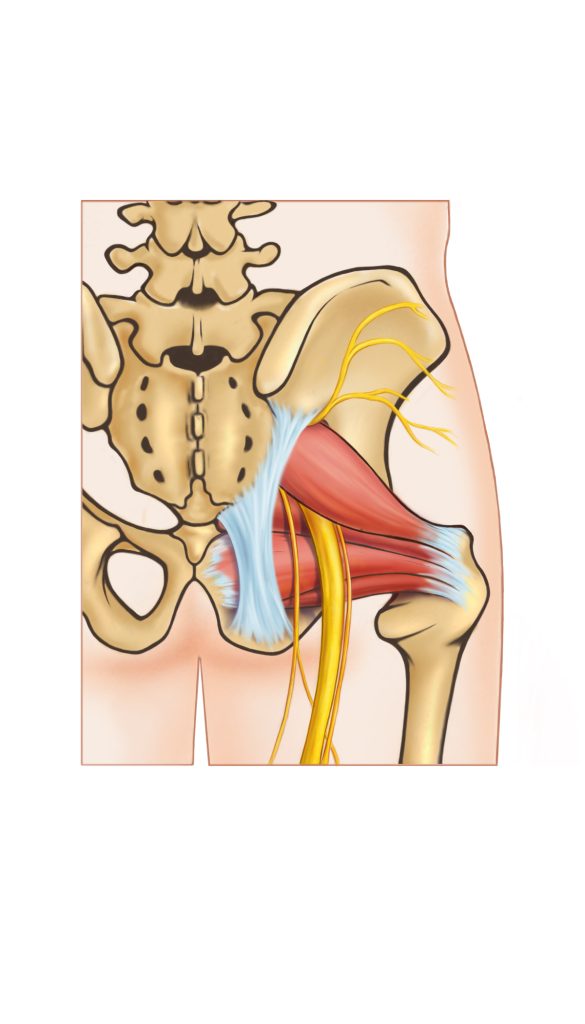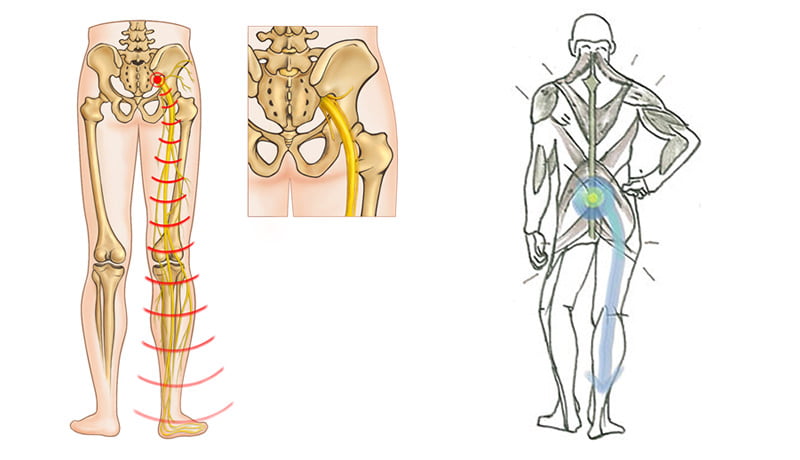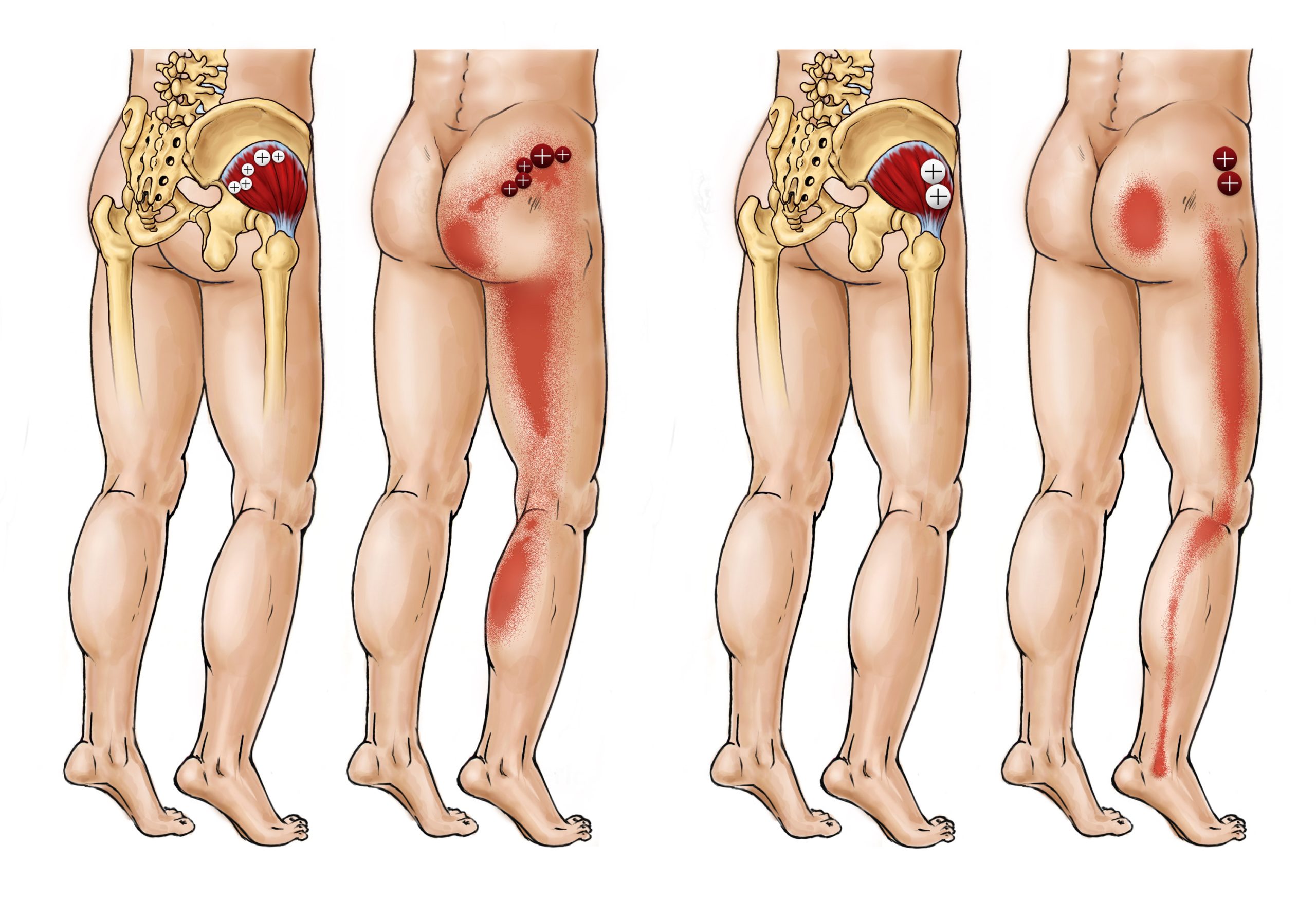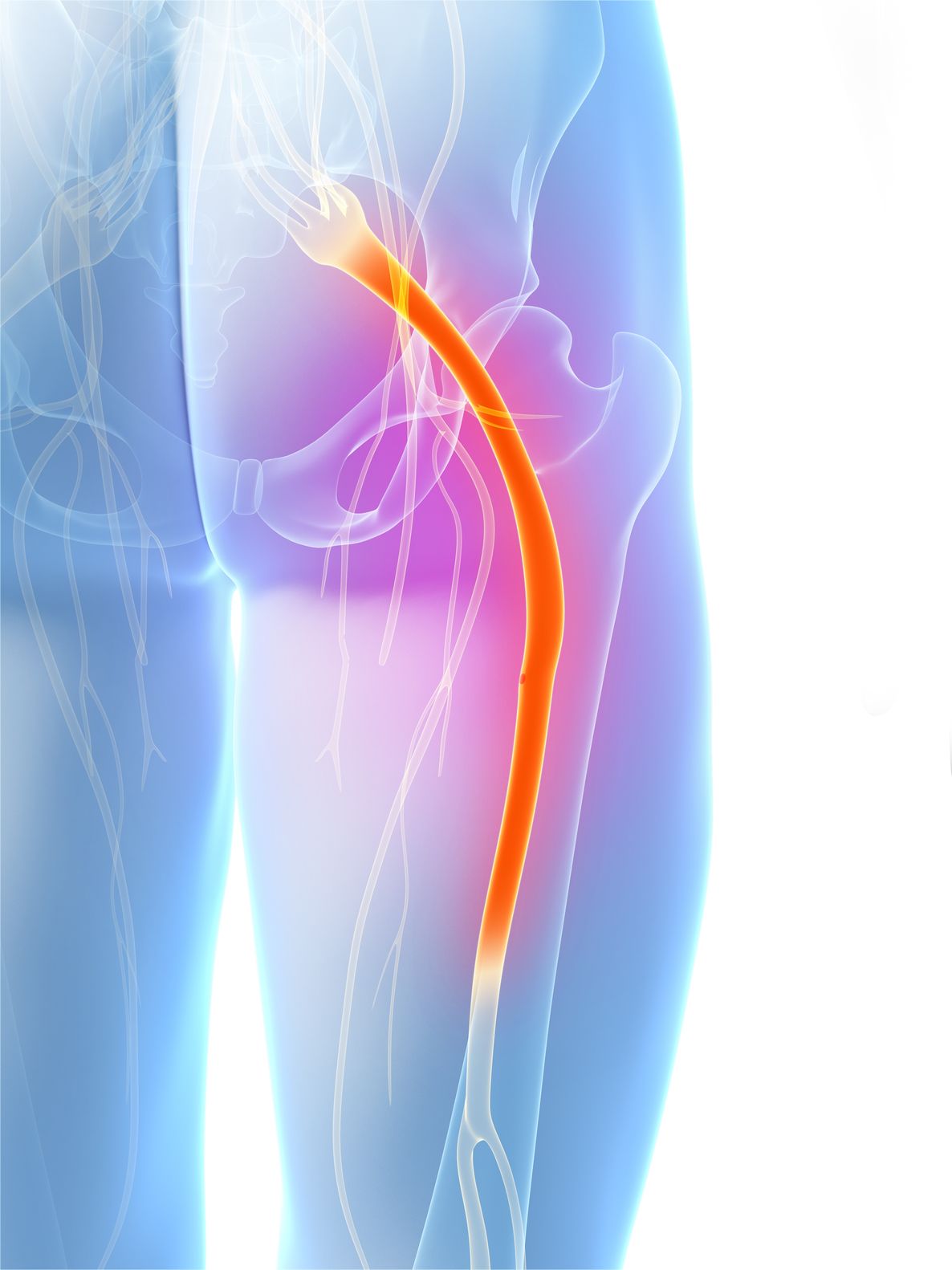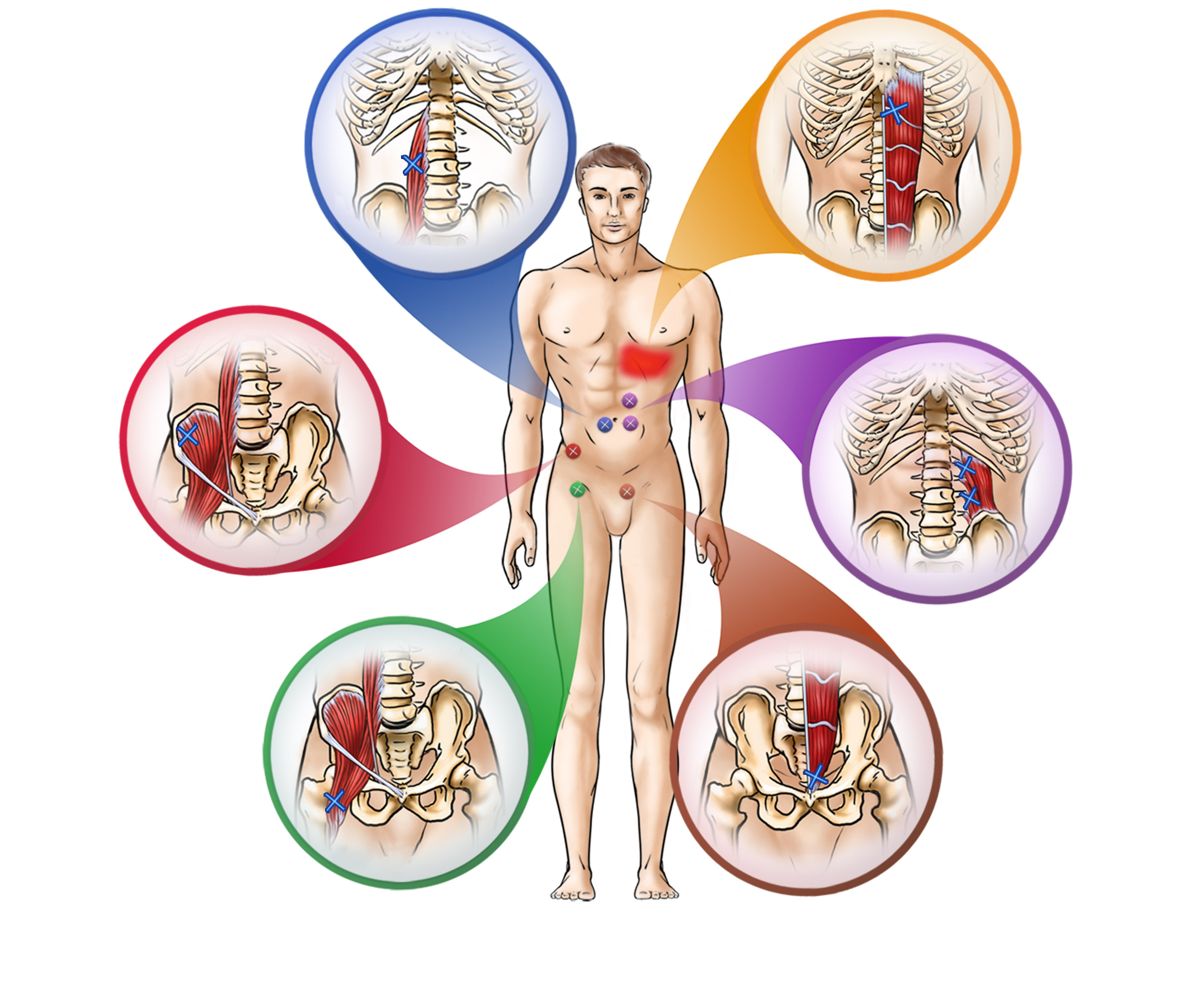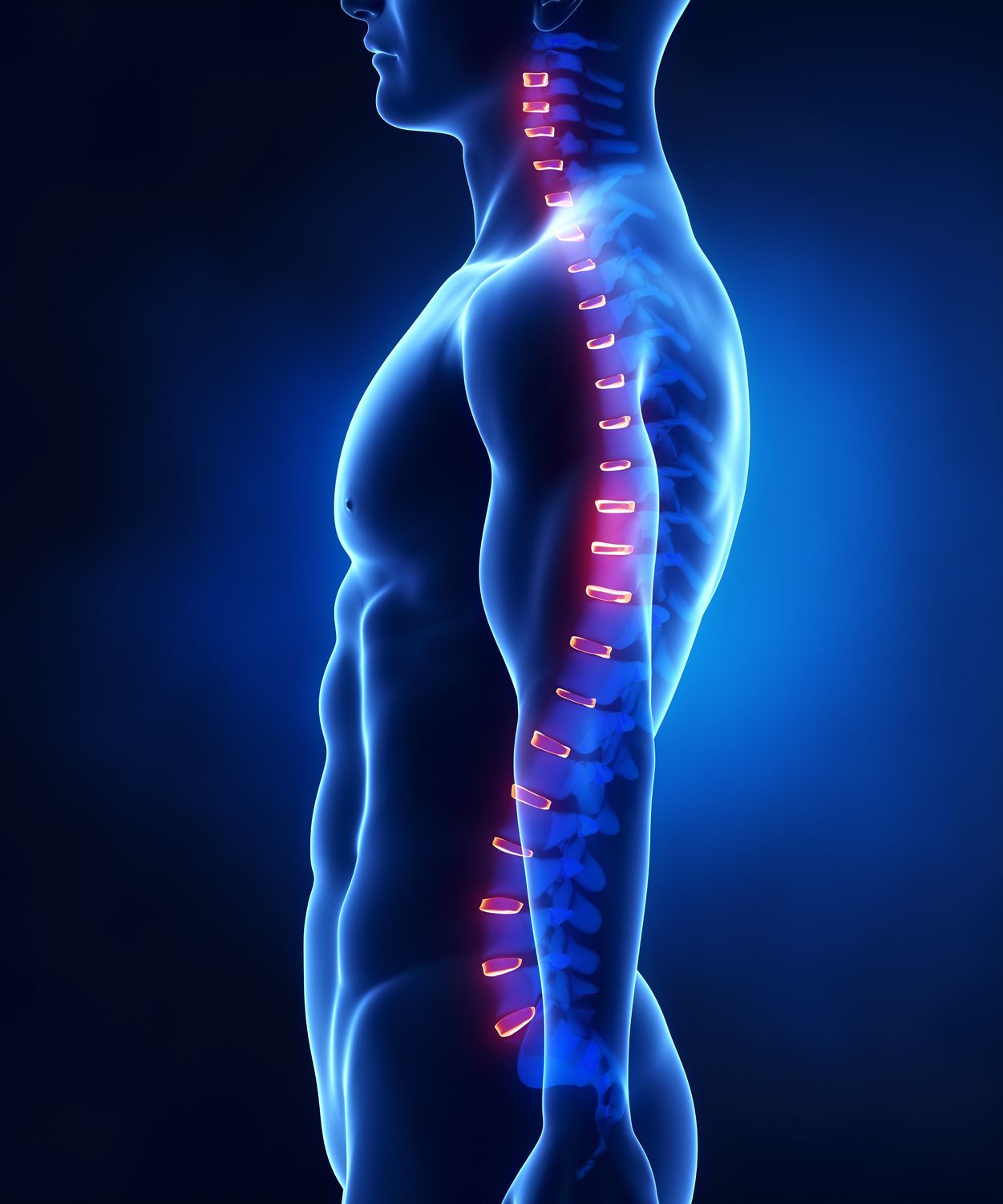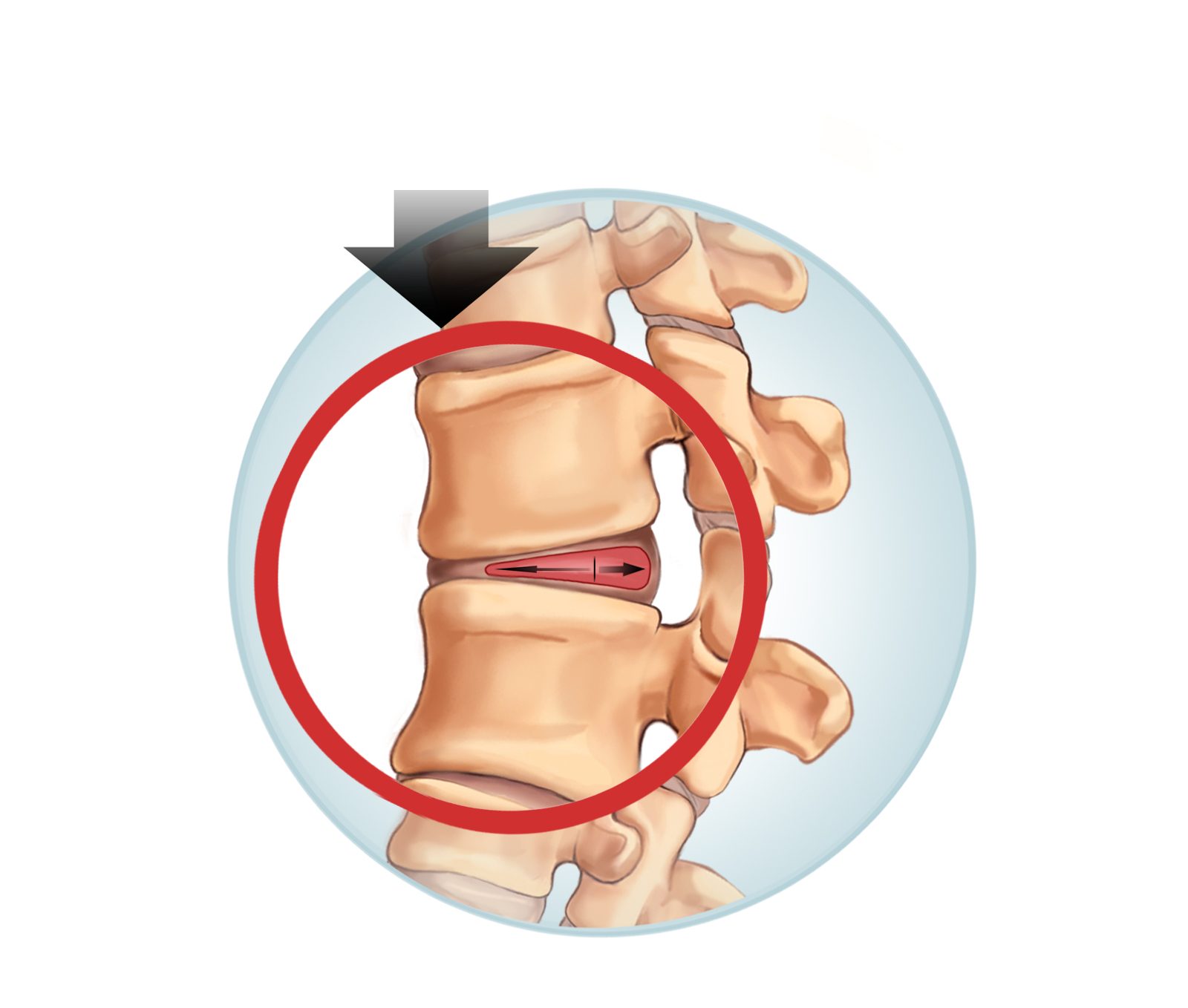Your Nerve is Pinched…
When writing about sciatica and its causes, nerve impingement often comes up as a possible cause of sciatic pains. Sometimes it is also called a trapped nerve or a pinched nerve.
But no matter what you call it, please know that in most cases there are things you can do yourself about a pinched nerve condition.
Let’s first look at what nerve impingement is, then in the next article let’s also look at what could be causing it, and last but definitely not least if you are suffering from the effects of an entrapped or impinged nerve: what to do about an impinged nerve.
Pinched Nerve – Review Best Treatments
What is A Pinched Nerve?
This site is all about back pain, so allow me to focus on nerve impingement in the lumbar area of your back. The two most commonly pinched nerves in the lower back are the L5 and the S1 nerves.
If you go one step lower and look at the most commonly pinched nerve, it is the sciatic nerve, leading to a whole array of symptoms connected with sciatica.
Nerve impingement means that a nerve that comes out of your spine, is impinged or entrapped or rubbed raw or irritated by onging pressures on it. Now how does that lead to trouble?…
Nerves, what are they?
Nerves are the communication and control channels that run from your brain to every part of your body. Your central nerve system resides in your spine, and once the nerves leave the spine to go into your legs or arms, they are called the peripheral nerves.
These peripheral nerves each service a specific part of your body. Your sciatic nerve for example exits the spine in your lower back and then runs through your buttock all the way down your leg into the foot. The skin, muscles and bones of your legs are serviced by that one particular nerve.
Now if a nerve gets pinched, the communication and control channel is reduced or blocked. This could also mean that the nutrients that your nerve cells need on a continual basis, are blocked or decreased as well. And this could eventually lead to loss of health of the nerve itself.
Your nerves basically send electrical signals up and down the nervous system and if these signals are blocked your skin could start feeling numb or you might get tingling or burning sensations, it could also lead to muscles no longer firing up properly thus leaving you with loss of function or strength in a part of your body.
Symptoms Pinched Nerve
Just as sciatica is a description of symptoms, rather than an explanation of a medical condition, this could very well be the same for an impinged nerve.
Let me explain: why would you ever be interested in an impinged nerve? Ofcourse only when you are suffering from symptoms that are attributed to an impinged or entrapped or pinched nerve.
If you are suffering from tingling or burning sensations, numbness, shooting pains or even loss of function in your buttock and legs or in your neck, shoulders, arms or fingers, you could very well be suffering from the effects of an impinged nerve. You could also suffer muscle spasms in your lower back, if your L5 or S1 is entrapped.
Pinched Nerve Often Causes Trouble In Other Parts Of Body
One of the particular things about pinched neves is that pain and sensations or loss of function are often distant from the point of impingement. A pinched nerve in your buttock, caused by a very tight piriformis muscle par example, could cause pains all the way down to your ankle. It could even cause inexplicable and excruciating pains in the back of your calf as the only symptom.
If your nerve is really seriously entrapped, it could cause lasting nerve damage. Once and if there is nerve damage, pain and weakness and loss of function could and most often will increase, as well as loss of reflexes, decreased movement abilities and in the worst case the affected muscles could even start to atrophy (wither).
So please know this is a serious condition that needs to be well looked after.
In the next article: What Causes Pinched Nerves (click to go there) you will learn what causes your trouble and what to do about it!

